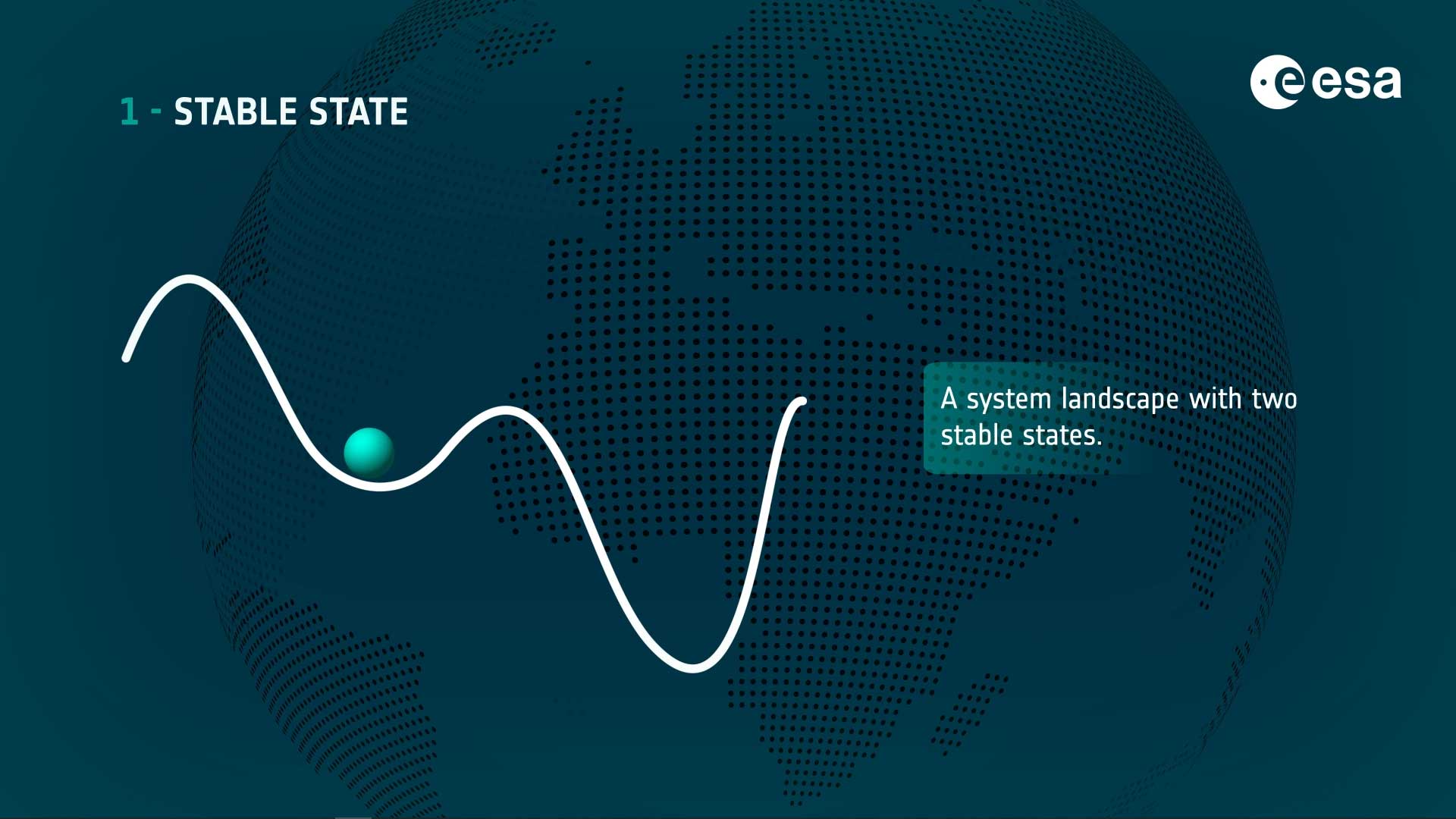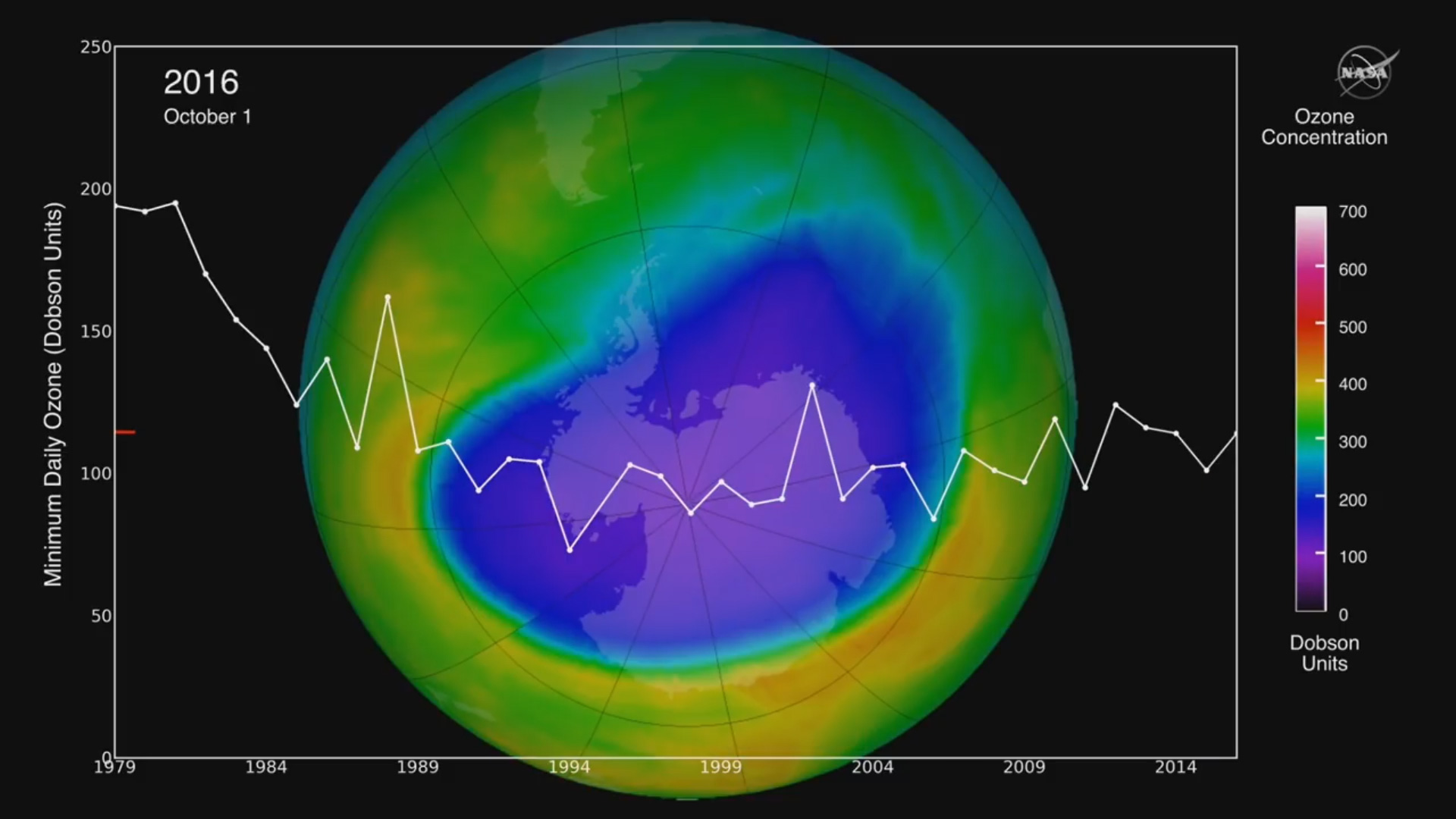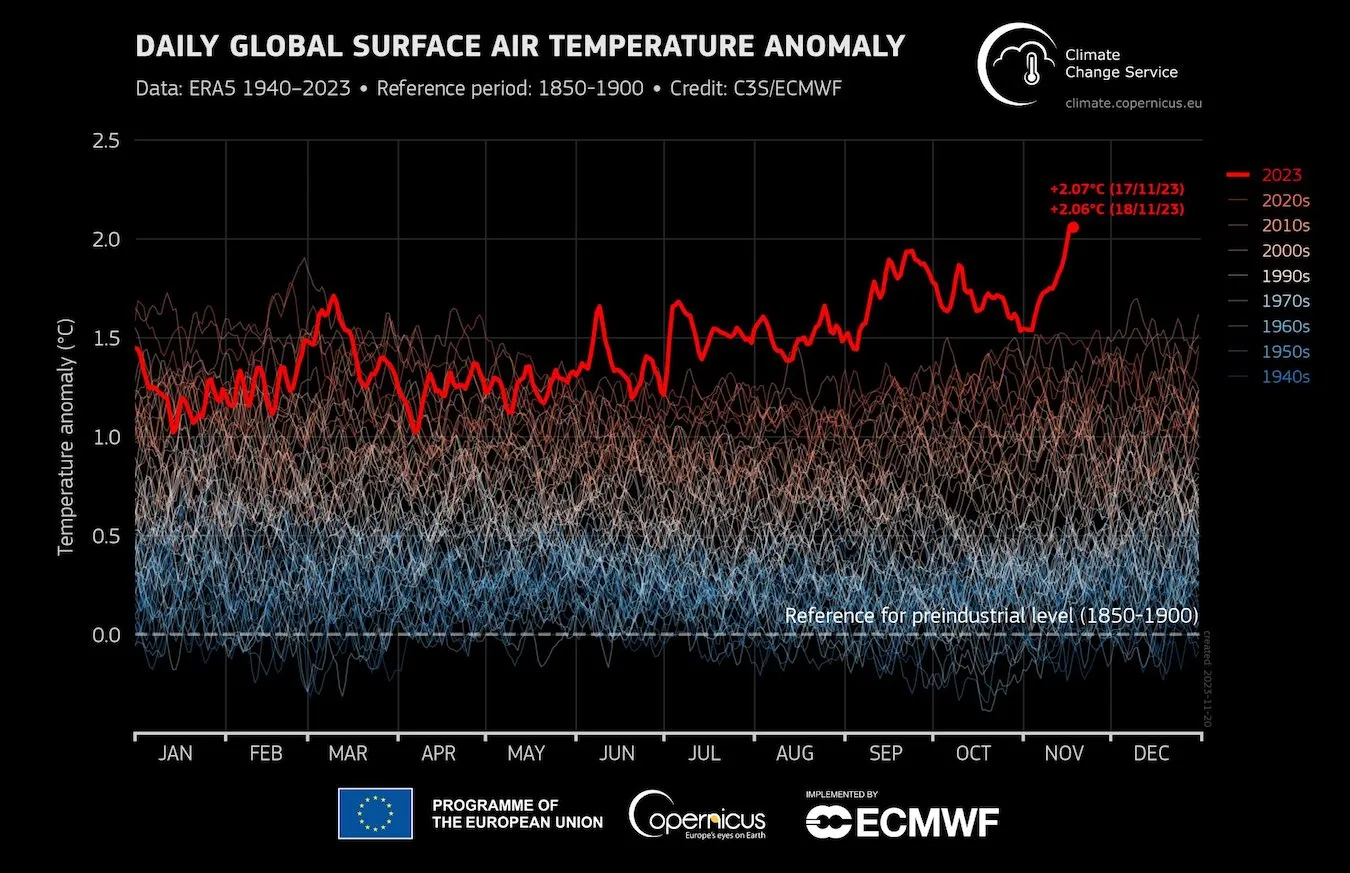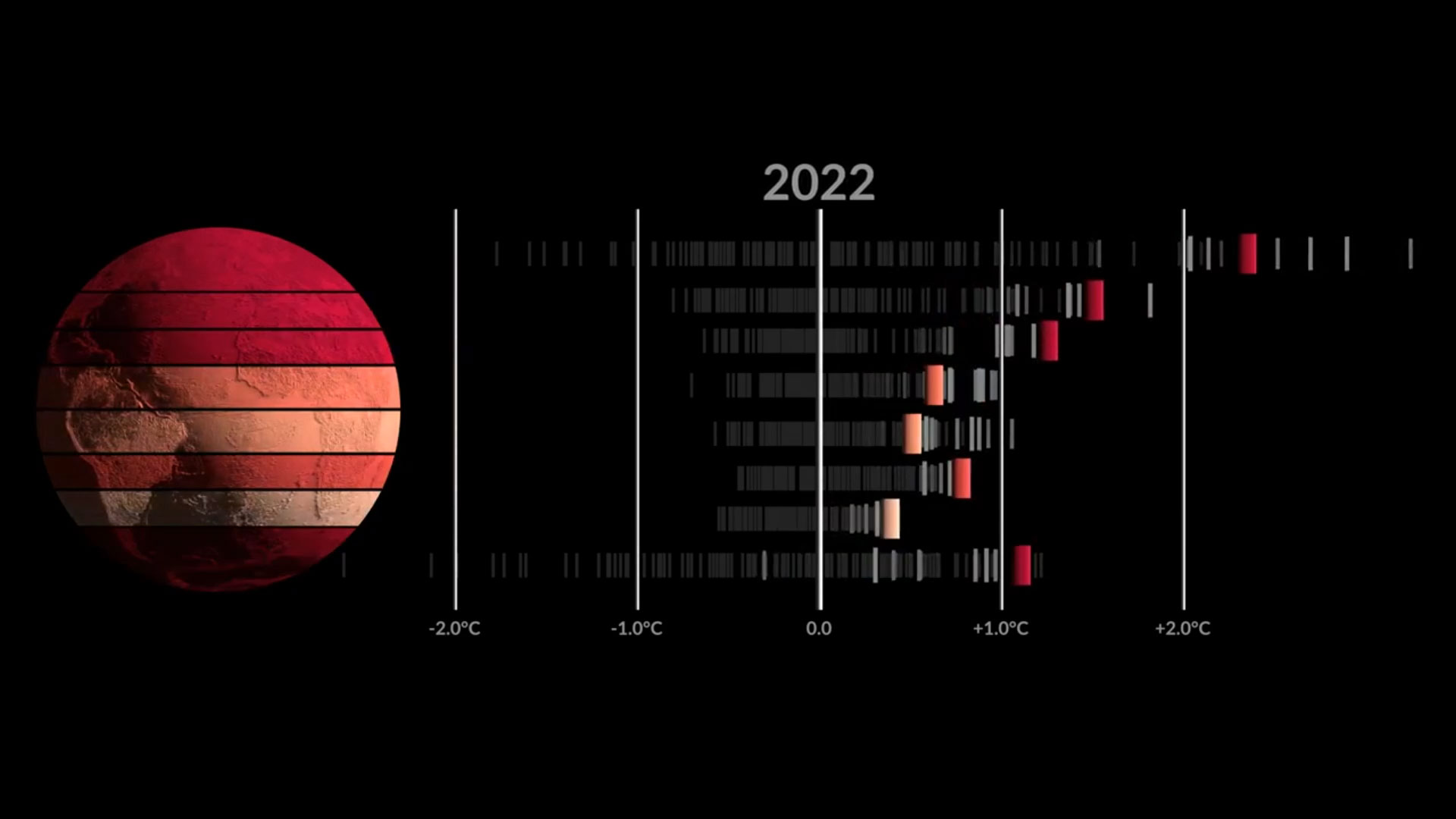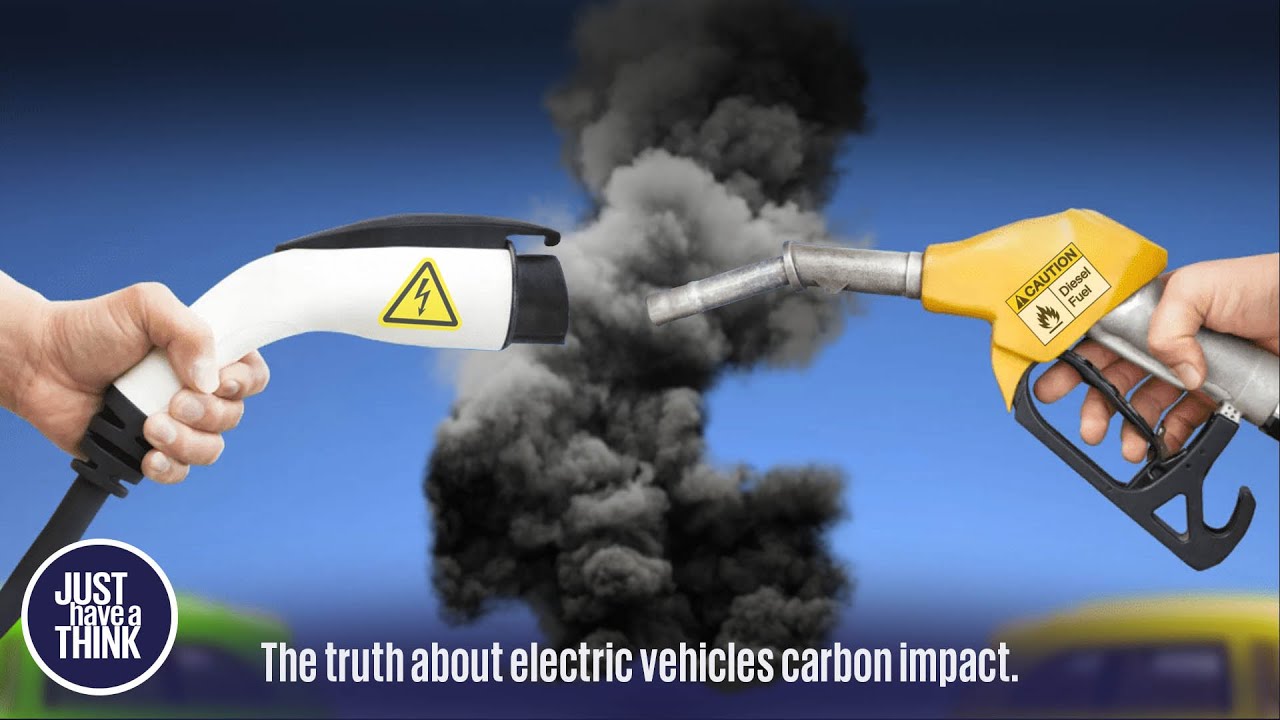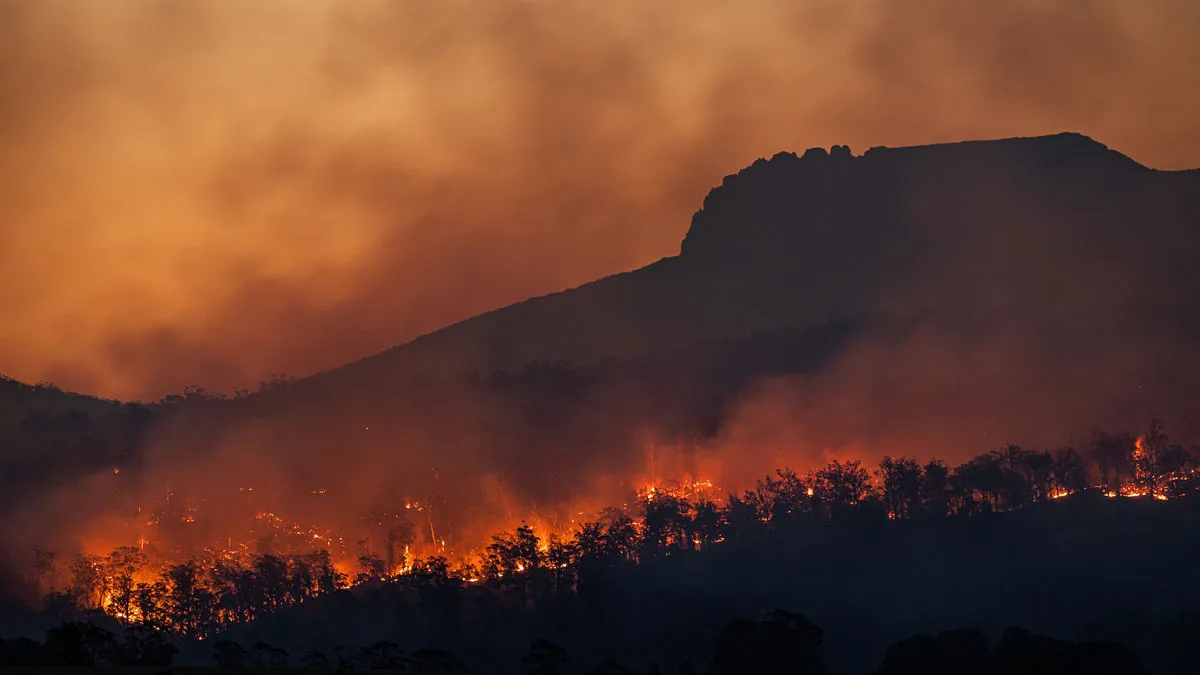Tipping points are critical thresholds in the Earth system where small changes can lead to large and sometimes irreversible consequences. They occur in various interconnected systems, such as ice, ecosystems, oceans, and the atmosphere.
A new study finds up to 26% Antarctic ozone reduction since 2004, a trend since a couple of years - especially during the past three years. While the Montreal Protocol is widely hailed as a success by phasing out ozone depleting chemicals like chlorofluorocarbons (CFCs), the current measurements suggest other atmospheric circumstances may be involved.
On Friday and Saturday, the 17th and 18th of November 2023 global surface temperature likely breached for the first time the 2°C temperature target, when compared with preindustrial levels.
David Adam published in March 2023 an article in PNAS, […]
Discover the non-uniformity of global warming through this informative visualization! See how temperature changes vary across latitudes since 1880. Learn how the Arctic is warming at an alarming rate compared to other regions on Earth. Explore temperature anomalies based on NASA data relative to a base period of 1951 to 1980. Watch now at dailymotion.com.
Electric vehicles are rapidly growing in popularity as the number […]
Smoke aerosols from large wildfires are the perfect reaction surface […]
This week, a vast heat dome enveloped western Canada and the north-western US, temperatures had nowhere to go but up.
